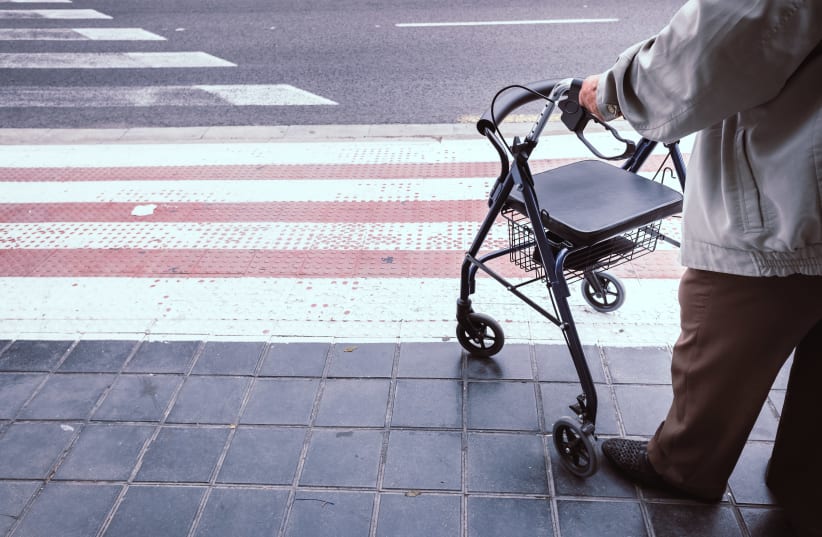The COVID-19 pandemic and the financial slump it caused brought 84% of disabled parents to seek aid in order to make ends meet. Moreover, 77% of the disabled, including non-parents, reported that due to their economic situation it is now much harder to get much needed medical care and emotional support, a report by the Commission for Equal Rights of Persons with Disabilities (CERPD) found.
Under the Justice Ministry, the CERPD conducted the online study with two groups, parents of disabled persons (638) and adults who are disabled (476). Roughly one third (30%) reported that they are no longer employed due to the COVID-19 induced economic situation, and among parents, 6% reported they had to quit their jobs to look after a disabled family member.The majority (53%) among the disabled said their finances had gotten worse since the COVID-19 crisis and 45% reported they needed to ask for some sort of help.
Most (69%) parents reported their emotional state had grown worst during this time, as did people who are disabled (60%). Most of the disabled (52%) claimed their everyday functions deteriorated due to COVID-19.
Remote studies proved difficult for that sector with 76% among those studying remotely needing special adjustments to follow the courses being offered (such as pre-taping the class). One third (31%) simply didn't study at all.
The effects COVID-19 has had on healthcare were also examined, with 78% voicing their fear they won’t get proper care now when the hospitals are hard at work looking after the surge of COVID-19 patients and some (42%) expressed fears that the medical staff present would opt to look after people who are not disabled to begin with.
CEPRD Commissioner Avrami Torm said his office handled “thousands of calls” from worried people and argued that Israeli society as a whole, and the government, must ensure 17% of the population (the number of disabled persons in the country) aren’t left behind.
